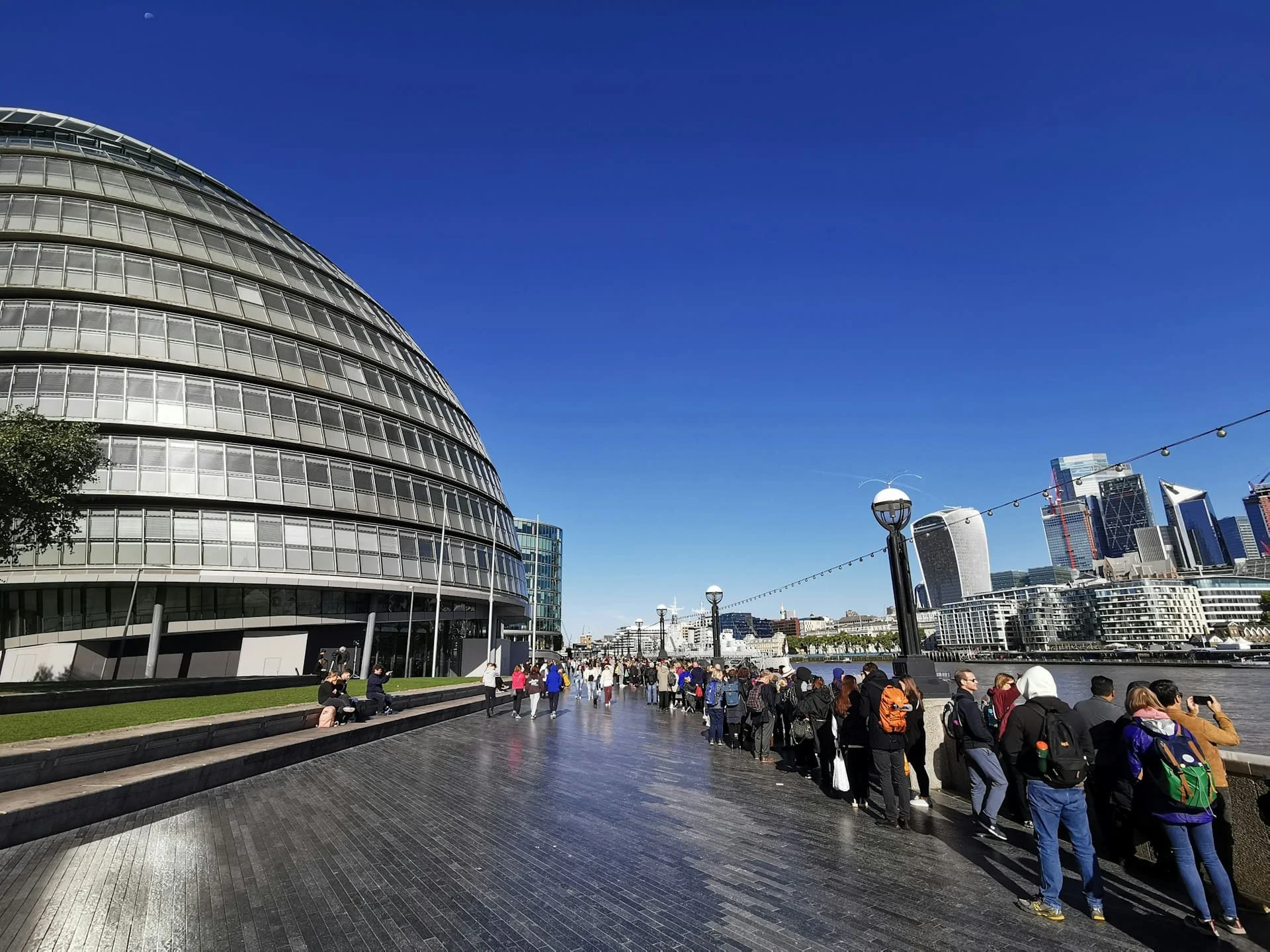
The NHS is embarking on a bold shift in England, moving much of its care from hospitals into new community health hubs located near where people live. These centres, open up to 12 hours a day six days a week, promise easier access to GPs, scans and mental health support without the need to visit overstretched hospitals, a move Labour leader Keir Starmer says could “reform or die” when he unveils a 10‑year strategy in London on Thursday. This approach firmly centres “neighbourhood health services” around what matters to patients, being able to drop in for routine care close to home.
Labour’s vision isn’t just about convenience. It also hinges on better use of technology, such as remote monitoring and virtual consultations, and placing more emphasis on preventing illness in the first place. Supporters welcome these steps as a much‑needed refresh for a healthcare system under pressure. Yet critics from think‑tanks like the King’s Fund caution that simply putting professionals under one roof won’t be enough without sustained funding, cultural change and political will. Despite a £52 billion boost for the NHS, transforming how it operates remains a massive challenge, with serious questions still open about staffing, sites and timing.
Still, the proposal’s appeal for Londoners is clear: fewer long waits at A&E, fewer trips into central London for routine appointments and more care within communities. With ministers now promising that these hubs will also offer scans, follow‑up care and rehabilitation services, it starts to look like a genuine opportunity to reshape local healthcare. However, as former NHS leader Steve Brine puts it, “Whether this plan is enough for people to feel the difference remains an open question.”
This reform proposal does more than sketch a roadmap, it signals a political test for Starmer and Health Secretary Wes Streeting. Rebuilding public trust in the NHS depends on this bold vision being matched by effective delivery. If hospitals on the edge are to be eased, neighbourhood centres must spring up and soon. The whole success or failure of this plan could define whether the promise of easier, community-based care becomes reality, or remains just that: a promise.
The Labour NHS plan proposes expanding community healthcare centres, a model that has shown promise in previous NHS trials such as the Healthy New Towns initiative, which explored how better-designed services can improve access and outcomes.
For more insights into public service reform and how these changes could affect Londoners, visit our analysis of community health strategies on EyeOnLondon.
Follow us on:
Subscribe to our YouTube channel for the latest videos and updates!
We value your thoughts! Share your feedback and help us make EyeOnLondon even better!









